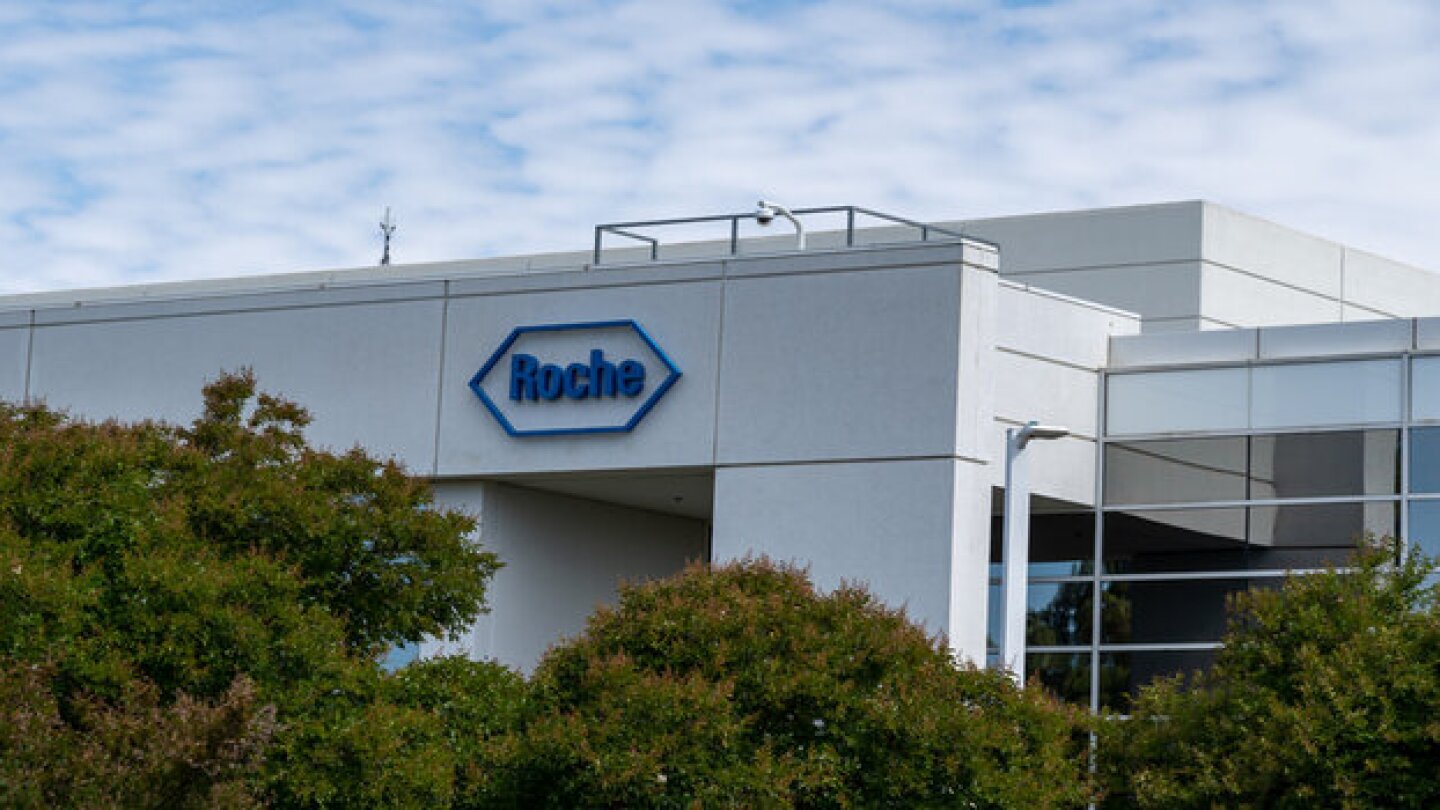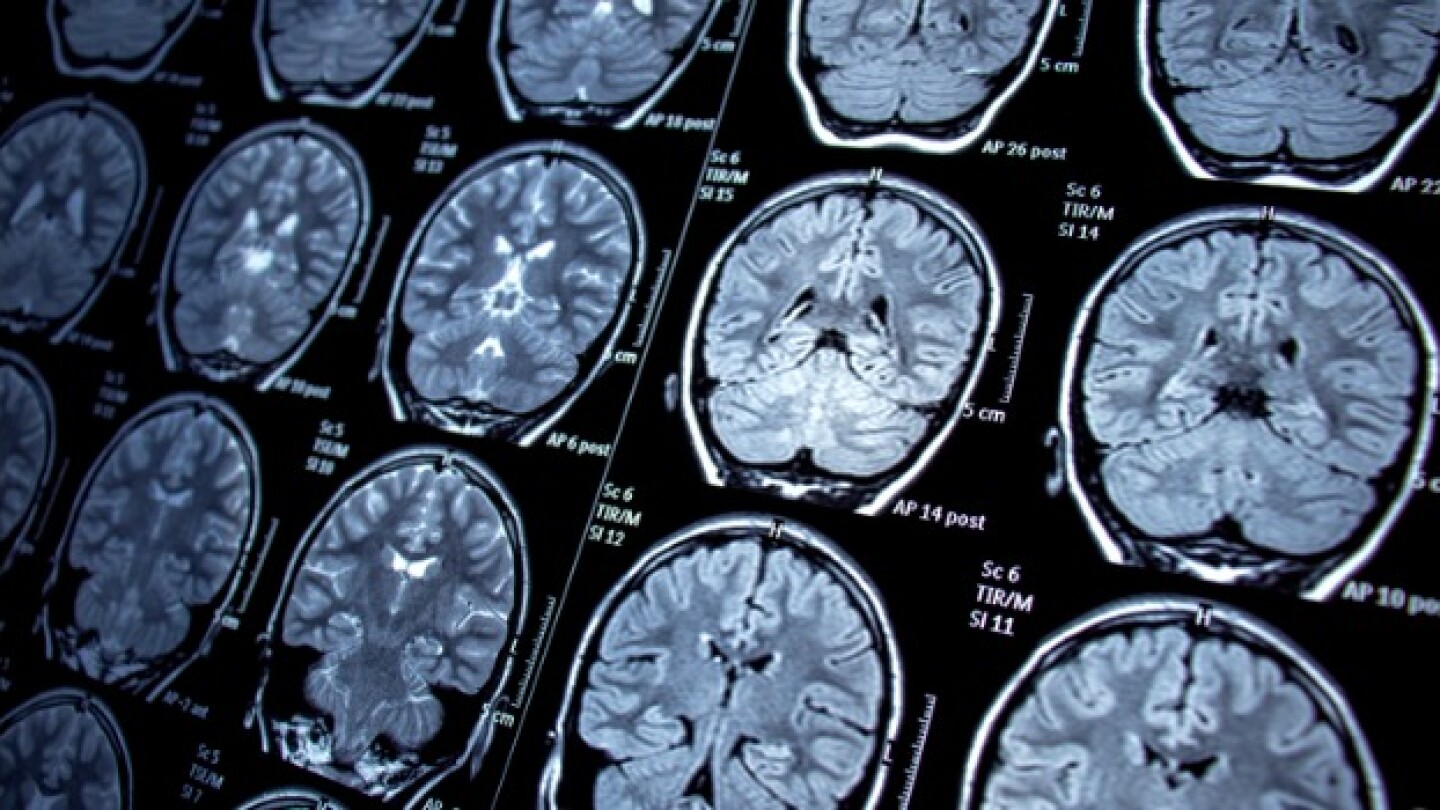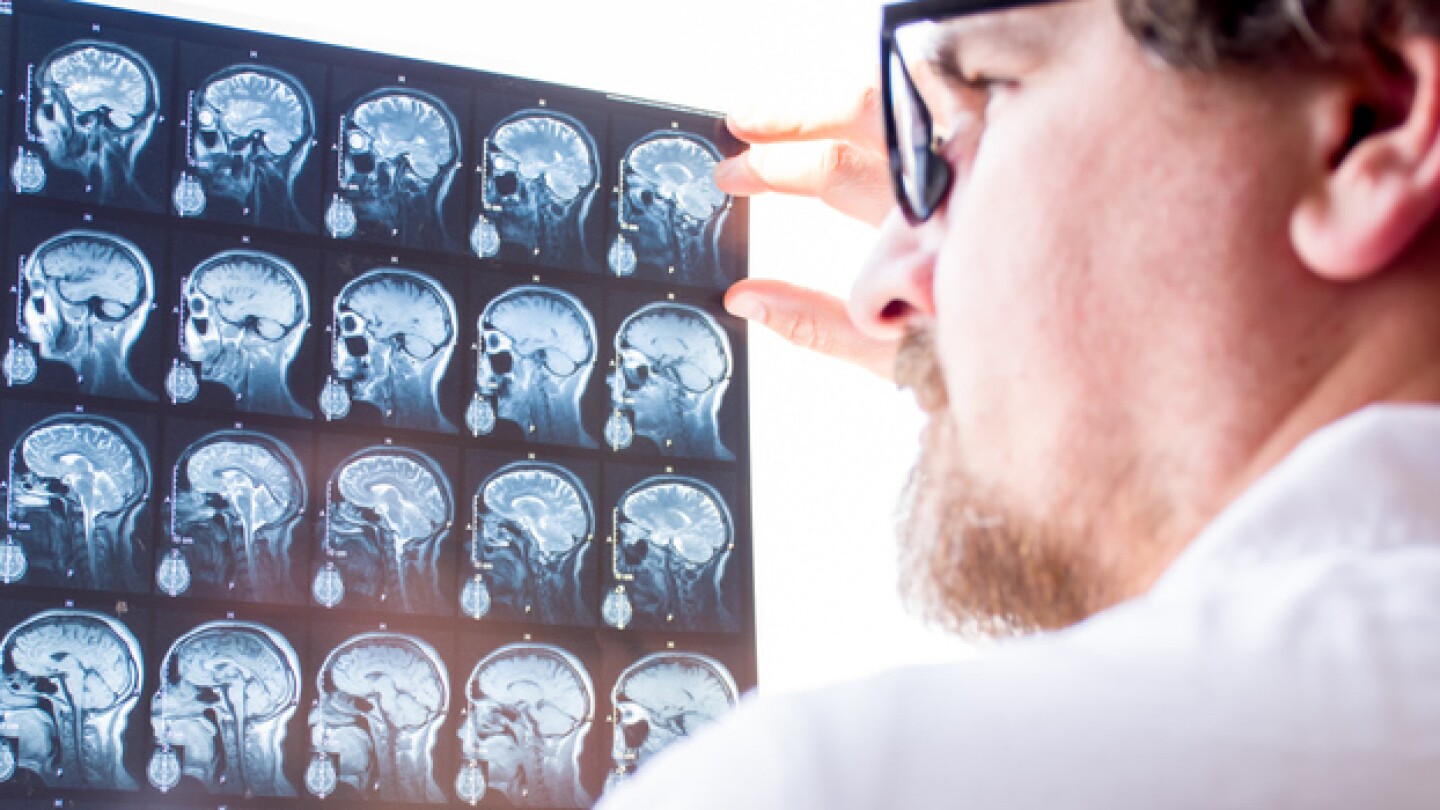Neuroscience
Data from the Phase III OCARINA II study shows the subcutaneous version of Ocrevus achieved near-complete suppression of relapses and brain lesions in relapsing or primary progressive multiple sclerosis.
Cerevel Therapeutics on Thursday reported positive data from its Phase III TEMPO-3 trial, showing that tavapadon can significantly improve symptom control in patients with Parkinson’s disease.
Sage Therapeutics announced Wednesday it is scrapping its Parkinson’s disease program after the company’s investigational drug showed no benefit over placebo. Phase II studies of the oral treatment will continue in Huntington’s and Alzheimer’s diseases.
After withdrawing ALS drug Relyvrio from the U.S. and Canadian markets and laying off 70% of its workforce, the Cambridge, Mass.–based biopharma got a much-needed win in Wolfram syndrome.
At this week’s American Academy of Neurology annual meeting, Amylyx provided additional data from its Phase III amyotrophic lateral sclerosis study showing the full extent of Relyvrio’s failure.
Amylyx looks to the future after Relyvrio withdrawal, ADCs continue to attract investment and the drug shortage persists in the U.S.
Already approved in schizophrenia and bipolar depression, Intra-Cellular Therapies reported strong late-stage data Tuesday for its antipsychotic Caplyta in major depressive disorder.
Following cases of convulsions in rabbits in a preclinical study, the FDA has placed a clinical hold on Neumora Therapeutics’ Phase I schizophrenia drug candidate NMRA-266.
Experts are hopeful that objective biomarker measures for amyotrophic lateral sclerosis, such as the ones being developed by EverythingALS, will lead to more targeted, effective treatments.
For the second time in as many years, the FDA has hit Supernus Pharmaceuticals with a Complete Response Letter, citing undisclosed quality and master filing issues for the drug-device combination.
PRESS RELEASES










